Decree No. 179/2024/ND-CP is expected to create a breakthrough in the policy of attracting and employing talents, placing good people in the right positions, and empowering them to maximize their capacity.
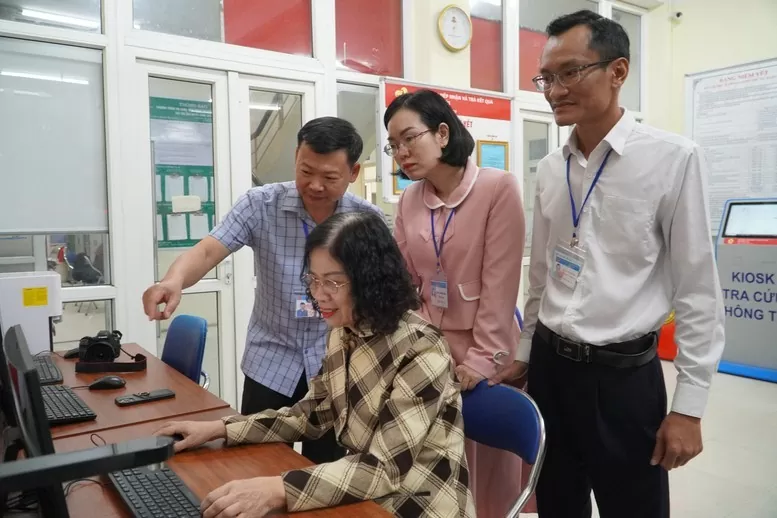 |
| The policy of attracting talent does not stop at remuneration but also aims to build a creative and dynamic working environment. (Source: VGP) |
According to experts, Decree No. 179/2024/ND-CP of the Government "Regulating policies to attract and employ talented people to work in agencies, organizations and units of the Communist Party of Vietnam , the State, the Vietnam Fatherland Front and socio-political organizations" is not only a comprehensive strategic solution to improve the quality of human resources in the public sector but also an important driving force to promote the country's sustainable development in the coming time.
Solving the "brain drain" problem
Associate Professor, Dr. Truong Ngoc Kiem, Director of the Center for Knowledge Transfer and Startup Support (Vietnam National University, Hanoi) assessed that Decree No. 179/2024/ND-CP is a timely decision of the Government to attract and promote talents in the context of the political system being streamlined towards effectiveness and efficiency, while creating a favorable environment and open mechanisms for outstanding individuals to maximize their capacity and contribute to national development regardless of field, regardless of party membership or non-party membership, as long as they have pure motives and are willing to contribute to the cause of national construction and development.
Decree 179 has concretized specific policies in recruitment, training, fostering, arrangement, use, working mechanism, honor, reward... with many new points. This affirms the consistent policy of the Party and State in encouraging and protecting those who have innovative thinking, dare to think, dare to do, dare to break through and take responsibility.
"Young talents in particular or talented people in general can only truly demonstrate their strengths and devote themselves when they feel respected, have a healthy working environment, promote creativity, and respect differences. Only then can the country take advantage of human resources and intellectual resources to make breakthroughs and develop strongly in the era of national development," Associate Professor, Dr. Truong Ngoc Kiem emphasized.
One of the breakthroughs of Decree 179 is the recommendation mechanism and salary, bonus and additional income policies for talented people in the public sector. Because, in reality, brain drain is still a difficult problem when the income gap between the public and private sectors is getting bigger. Many businesses are willing to pay high salaries to attract excellent personnel, while the public sector has to adhere to regulations, so it is difficult to compete with the private sector.
However, according to Associate Professor Dr. Truong Ngoc Kiem, income is not the only or most important factor that makes talented people decide to work in the public or private sector, but rather the working environment and conditions so that they can develop their abilities and strengths to create values that contribute to the community and the country. Decree 179 has created trust and motivation to attract talented people while also solving the problem of financial support in sync with other social security policies so that talented people can work with peace of mind and contribute long-term.
For public sectors, to attract and promote talented people, it requires consistency in policies from training, development opportunities, working regimes, mechanisms for promotion, treatment, honor, and rewards. Unlike public service units, the public administration sector requires talented people to not only have expertise but also practical experience and management skills.
"To have excellent managers, we cannot rely only on classroom training but must create opportunities for them to be trained through practice to foster their qualities, abilities, skills, life experiences, and visions, thereby building a roadmap, arrangement, and utilization mechanism suitable to the strengths, abilities, and interests of each person. Only then can we attract, promote, and make sustainable use of talent," Associate Professor Kiem further analyzed.
Talent needs environment, not just treatment
According to Associate Professor Dr. Dinh Trong Thinh, former Head of the International Finance Department, Academy of Finance, Decree No. 179 is a strategic policy, opening up opportunities for talented people to maximize their capacity, while promoting reform and innovation in the public administration system.
One of the core points of Decree 179 is not only focusing on remuneration but also aiming to build a truly attractive working environment for talent.
"Attracting talent is not just a matter of salary, but more importantly, the working environment," Associate Professor, Dr. Dinh Trong Thinh emphasized.
If talented people are respected and work in an ecosystem that encourages creativity, they will be motivated to contribute long-term. Economists liken talents to seeds that need to be sown in fertile soil to grow, and cannot be constrained in a rigid, inflexible environment. Therefore, an effective talent attraction policy does not stop at inviting but must also create conditions for them to shine, be recognized and develop their abilities in a worthy manner.
Decree 179 not only aims to solve the problem of high-quality human resources for the public sector but also lays the foundation for an innovative environment. This policy aims to build a dynamic, modern administration, free from rigid thinking to catch up with the development trends of the world.
Associate Professor Dr. Dinh Trong Thinh commented: "An administrative system cannot operate with old thinking. Talent is the driving force for reform, modernization and creating new values for society."
To achieve that, the public sector cannot just be a place to implement policies but needs to become a center of innovation, where outstanding individuals can come up with initiatives, innovate and directly contribute to the country's development.
A highlight of Decree 179 is the creation of a favorable legal corridor so that individuals with innovative thinking, who dare to think, dare to do, and dare to take responsibility can contribute without being hindered by rigid administrative barriers. This is an important factor that helps the public sector not only attract talent but also promote a more professional and creative administration.
In fact, in many developed countries, the public sector plays a pioneering role in leading innovation. To do that, according to Associate Professor Dr. Dinh Trong Thinh, Vietnam needs to shift from a management mindset to a creative mindset. Administrative agencies are not only places to operate the apparatus but also need to become a platform to support and promote new ideas, helping to solve practical social problems more effectively.
Despite many challenges, with Decree 179, it can be expected that the public environment in Vietnam will have positive changes in the coming time. When the policy is effectively implemented, the public sector will no longer be an unattractive destination but will become a place to gather and promote real talents. At that time, innovation will no longer be just a slogan but will become a driving force to make the country develop more strongly in the digital age and knowledge economy.
Source


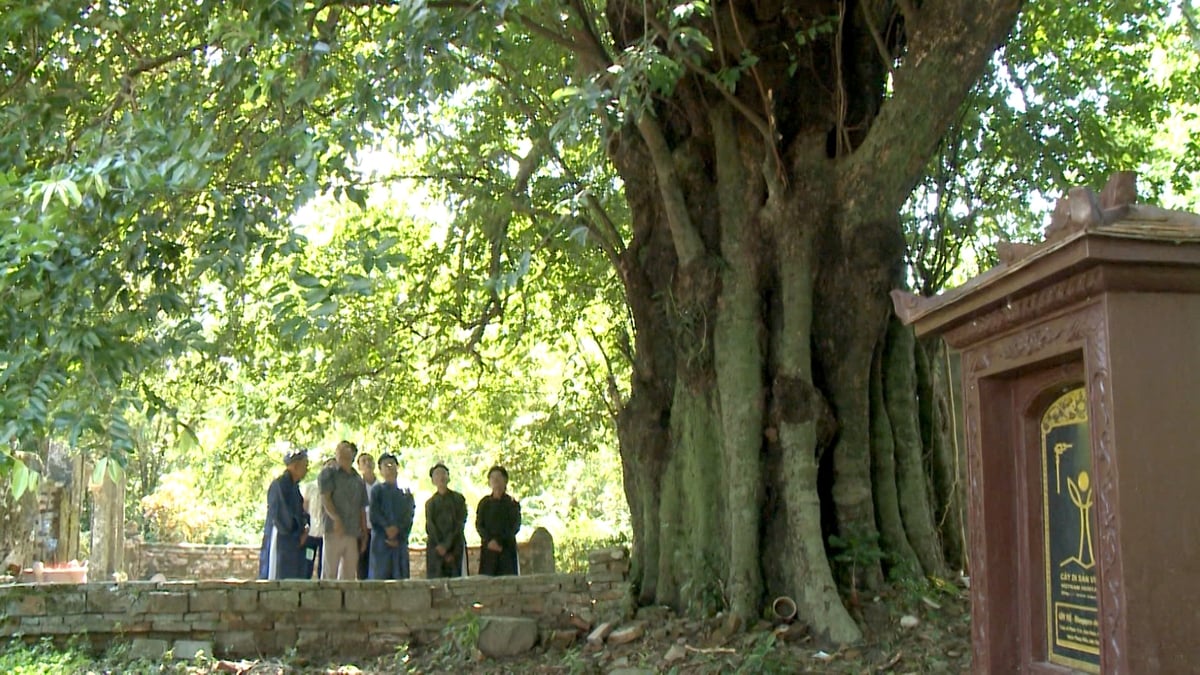









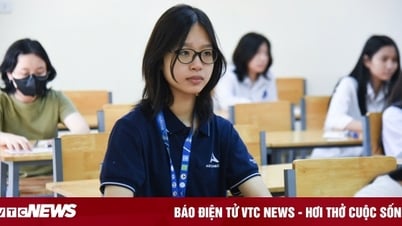

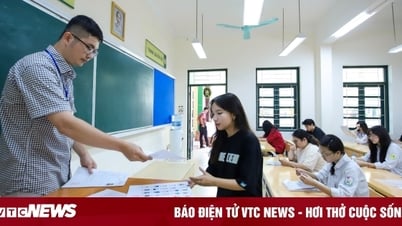








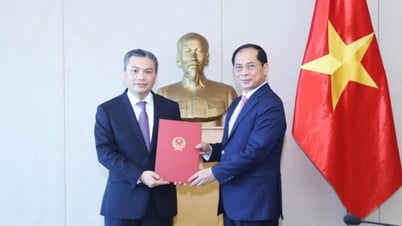










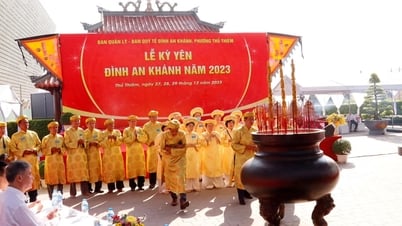












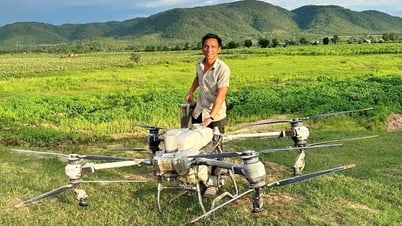

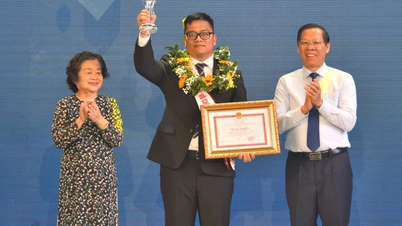





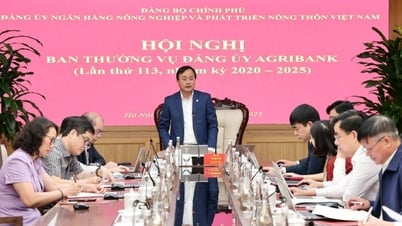



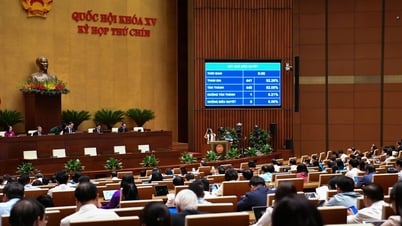


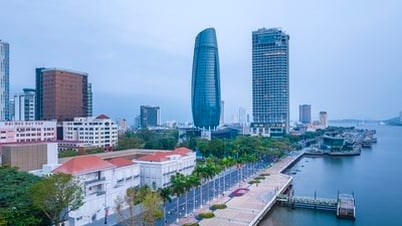


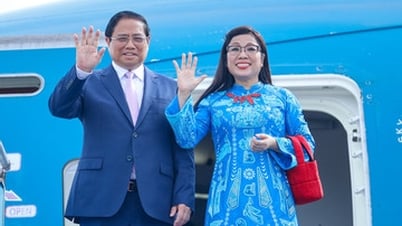
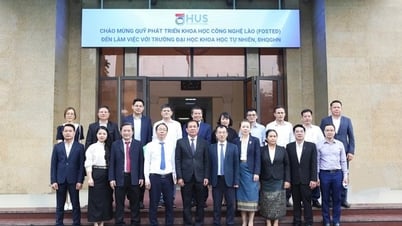





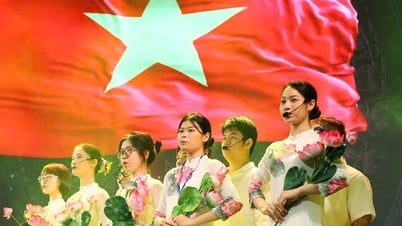











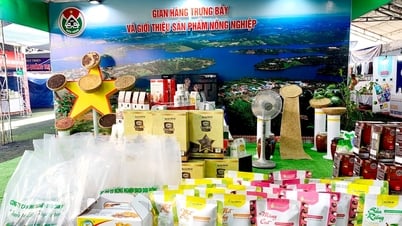

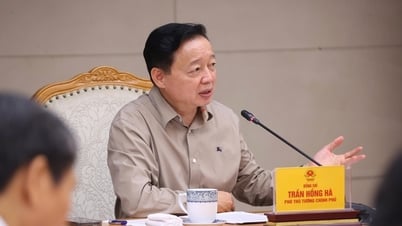
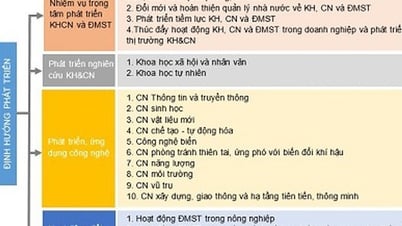

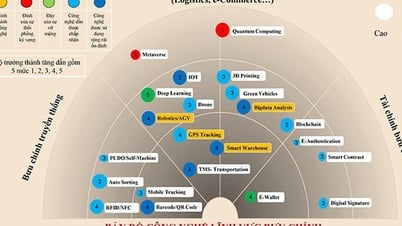







Comment (0)